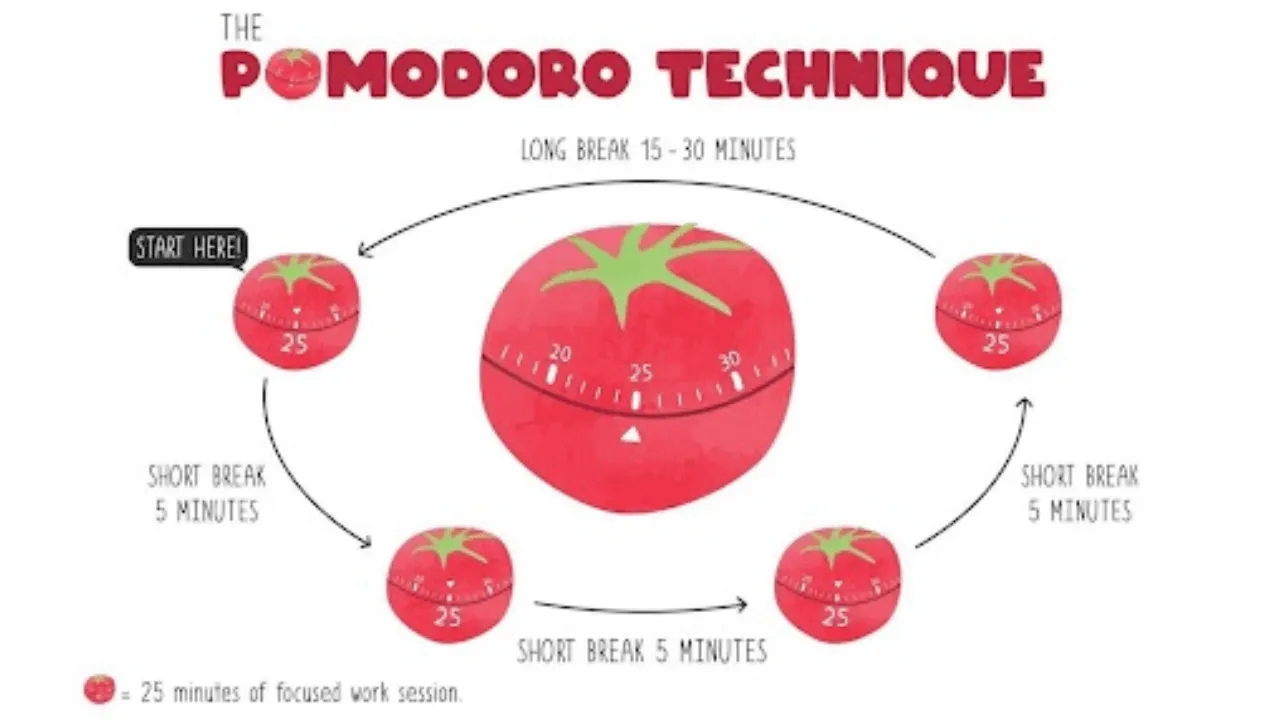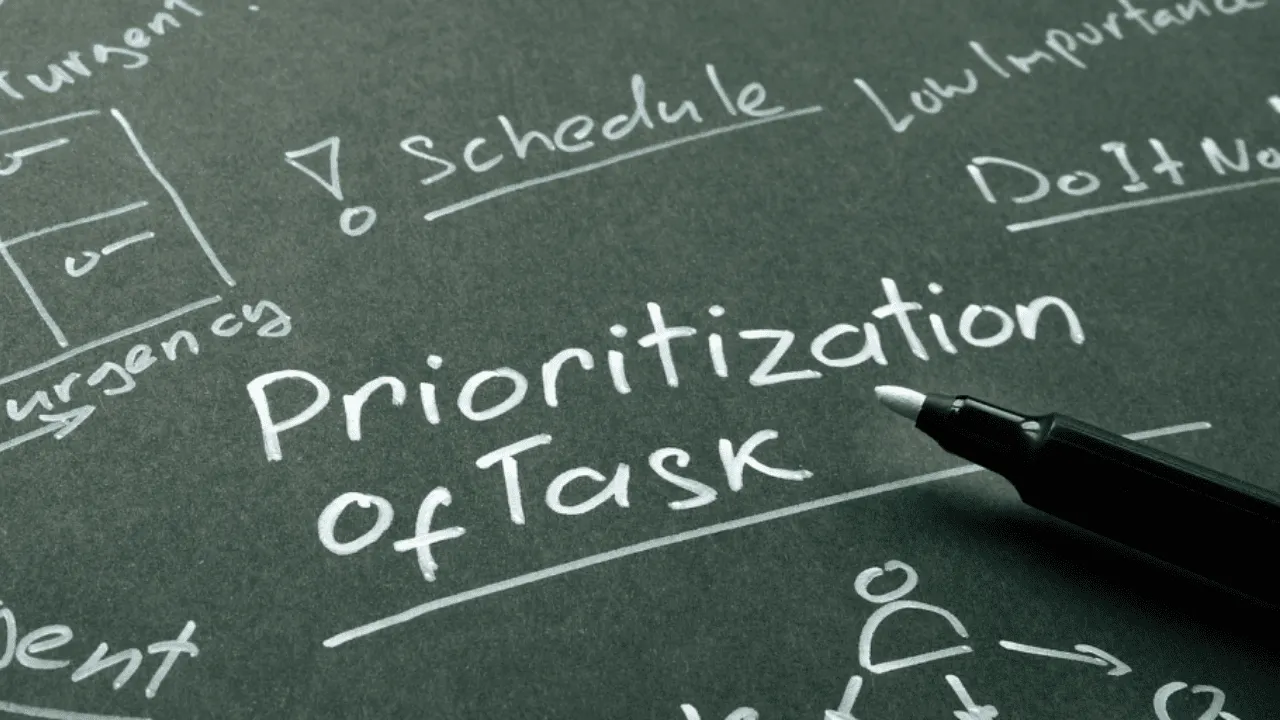Three Effective Frameworks To Improve Your Business's Expenses
Three Effective Frameworks To Improve Your Business's Expenses
Jun 01, 2024
Zero-Based Budgeting (ZBB)
- Zero-Based Budgeting involves starting from scratch (zero base) and justifying every expense for each new period, rather than only justifying incremental changes to a budget.
- Steps:
- Identify business goals and objectives.
- Break down expenses into categories.
- Justify each expense from zero, evaluating its necessity and alignment with business goals.
- Prioritize expenses based on their impact and necessity.
- Monitor and review the budget regularly to ensure alignment and adjust as needed.
- Benefits: Helps eliminate unnecessary expenses, ensures every dollar spent is justified, and promotes a culture of cost-consciousness.
Lean Management
- Lean Management focuses on creating more value with fewer resources by optimizing processes and eliminating waste (any activity that does not add value).
- Steps:
- Identify value from the customer's perspective.
- Map the value stream to understand the flow of materials and information.
- Identify and eliminate waste in processes (e.g., overproduction, waiting, transportation).
- Implement continuous improvement (Kaizen) to optimize processes.
- Empower employees to identify inefficiencies and contribute to improvements.
- Benefits: Reduces operational costs, improves efficiency, enhances product/service quality, and fosters a culture of continuous improvement.
Activity-Based Costing (ABC)
- Activity-Based Costing assigns overhead and indirect costs to specific activities, providing a more accurate reflection of the true cost of business operations.
- Steps:
- Identify and define activities that incur costs.
- Assign costs to each activity based on resource consumption.
- Determine cost drivers (factors that cause costs to increase or decrease).
- Allocate costs to products, services, or customers based on their use of activities.
- Analyze the cost data to identify high-cost areas and opportunities for cost reduction.
- Benefits: Provides precise cost information, helps identify unprofitable products or services, aids in pricing strategies, and supports informed decision-making.
Each of these frameworks offers a structured approach to scrutinizing and optimizing expenses, helping businesses operate more efficiently and effectively.




















































